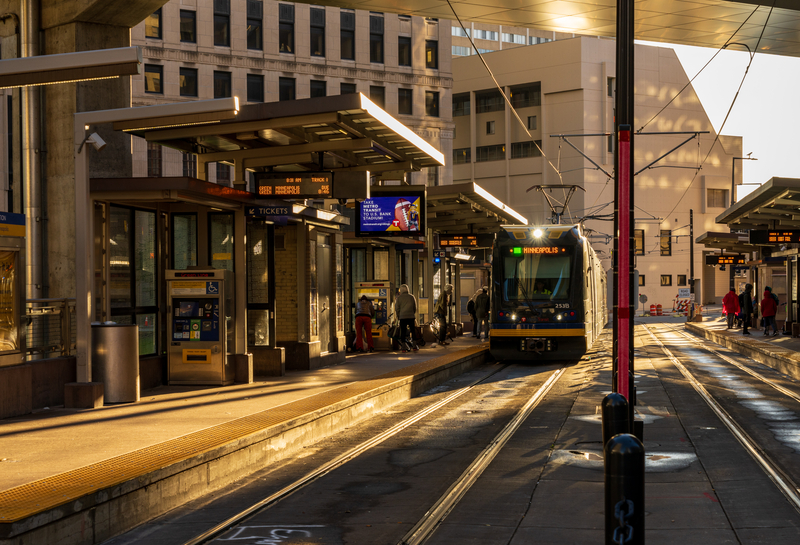The agreement also involves a public-private partnership, in which Cubic and John Laing will arrange the funding for the implementation and operation of the system to help MGTA finance the capital updating program while transferring key risks to both companies. The award is subject to contract finalization.
Additional access will be created for users through a retail merchant network as well as optimum placement and types of ticket vending machines, kiosks and wide-aisle gates. Customers will be able to review transactions, set up payment methods, enable autoloads and load value and products; and a mobile app that offers the same functionality as the website.
Personalized transit accounts will be set-up for users to view ride history, check balances, add value as well as report lost or stolen cards to protect their funds. Mobile phones can also be used like ticket vending machines to check account balances and recharge fare accounts anywhere to provide greater convenience and shorter lines.
Cubic will be responsible for the design, integration, supply and implementation of the system as well as the platform and back office hosting; card fulfilment; financial services including clearing and settlement; and the retail merchant network. Equipment will include fare validators, fare gates and vending machines for all MBTA subway and rail stations, in addition to more than 1,000 buses.
Matt Cole, CTS president, said: “We have listened to and heard what Bostonians have to say about their aspirations for a new payment system, and we understand the challenges to transition from CharlieCard to the next generation system. From the many focus groups we conducted; community groups we spoke with; conversations with city leaders; and, other important voices of Boston's culturally-rich neighbourhoods, we are confident our system design addresses the accessibility and equity concerns of all the communities served by the MBTA, many of whom said they want simplified and seamless options for travel."
MBTA chooses Cubic to deliver next-generation fare payment system
Cubic Transportation Systems (CTS) has been selected by the Massachusetts Bay Transportation Authority (MBTA) to install a fare payment system for the region’s multi-modal transit system to allow payment flexibility for customers. The base contract award includes an approximate $575 million (£433 million) for implementation with ten years of operations and maintenance as well two five-year extension options. The agreement also involves a public-private partnership, in which Cubic and John Laing will







